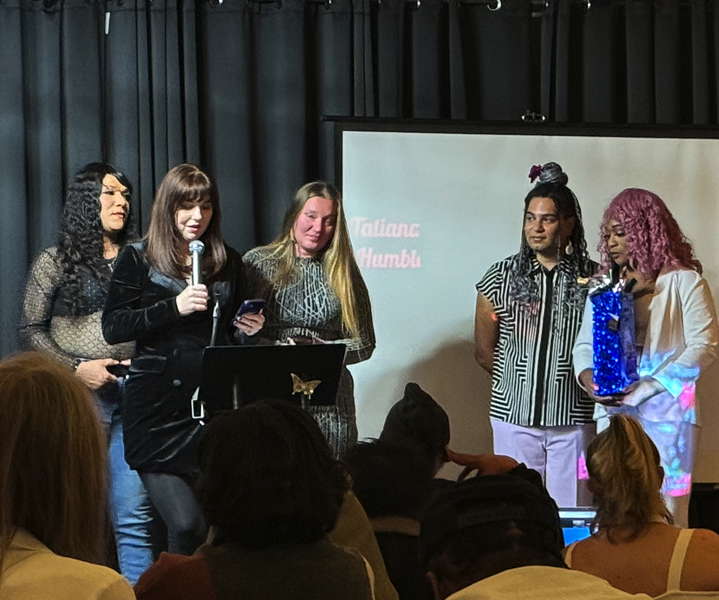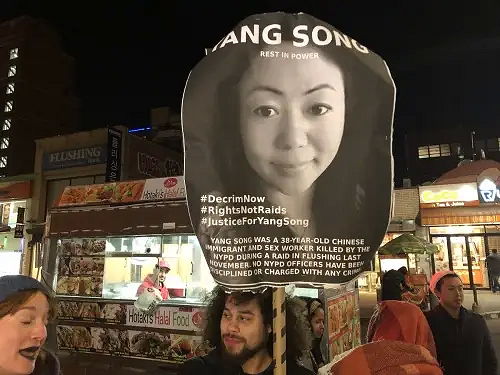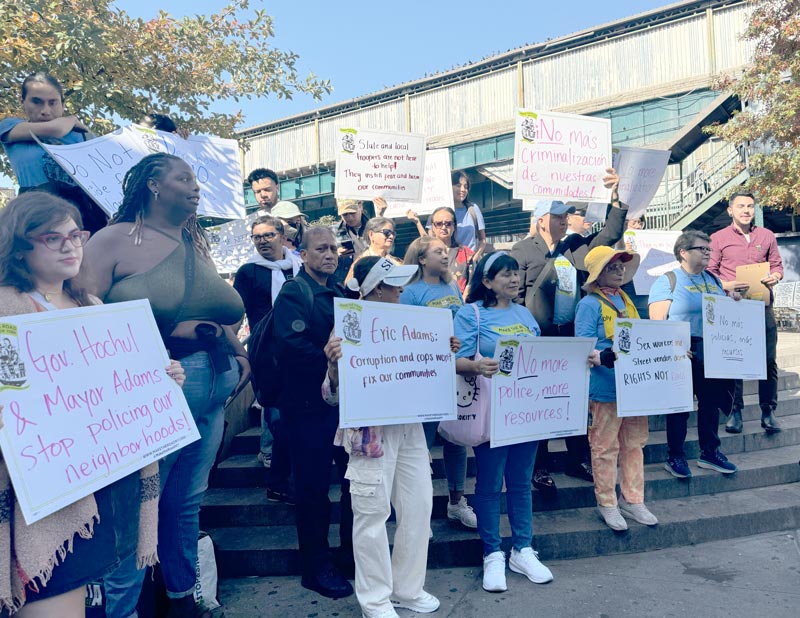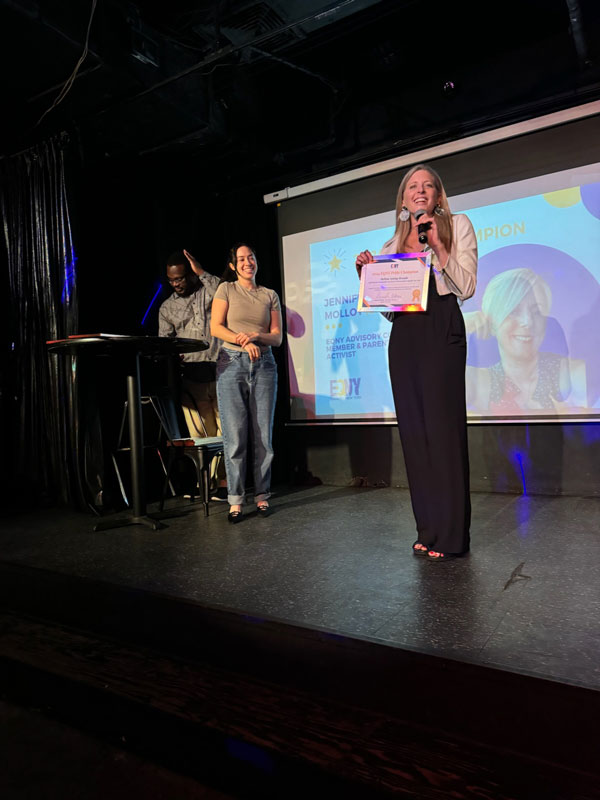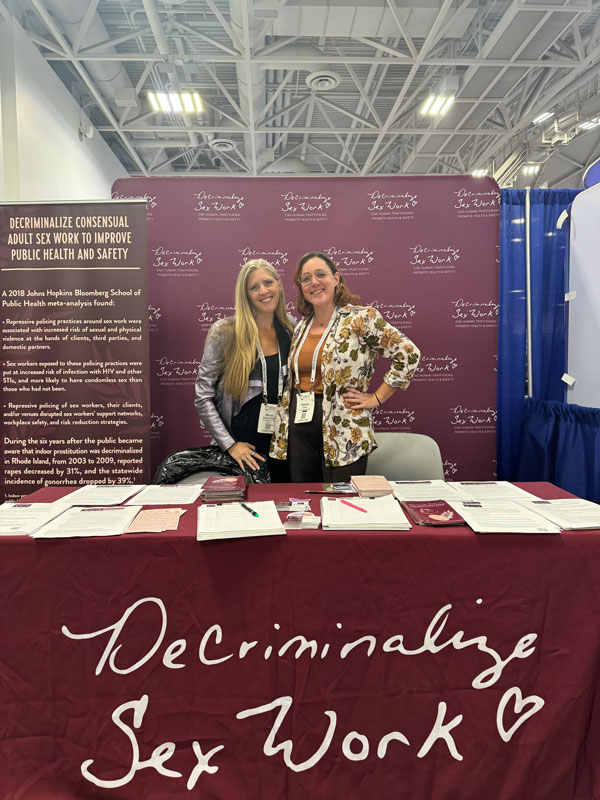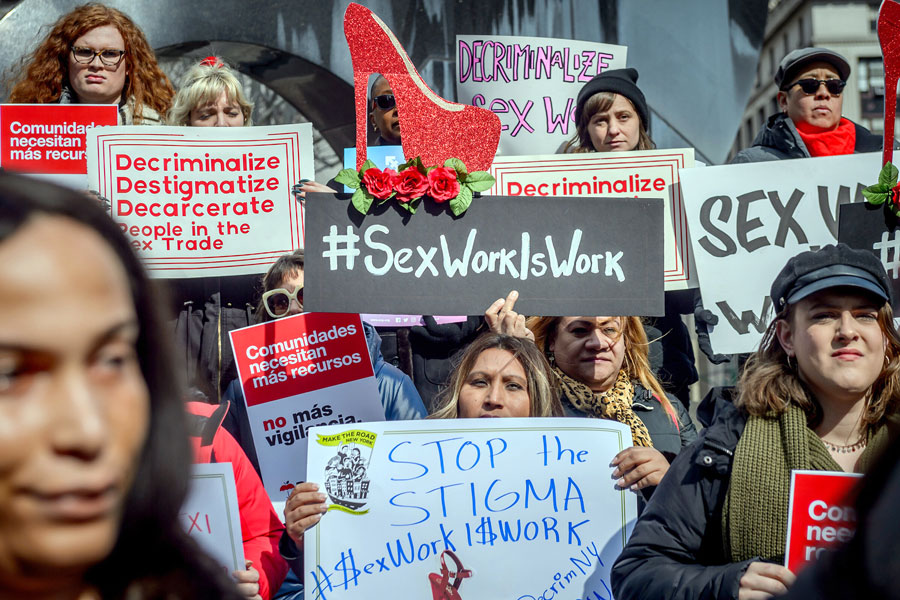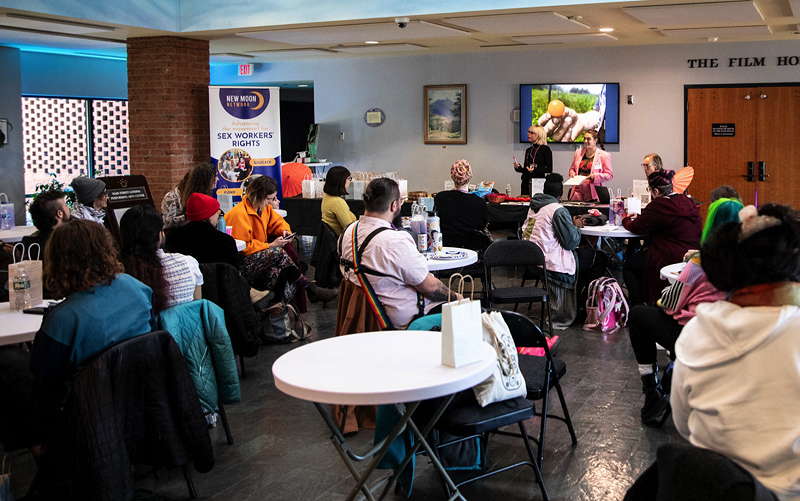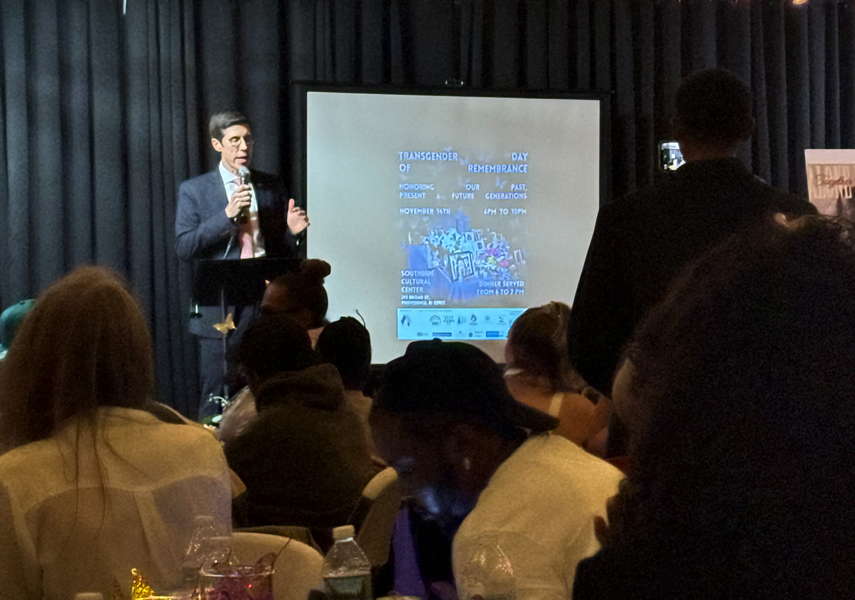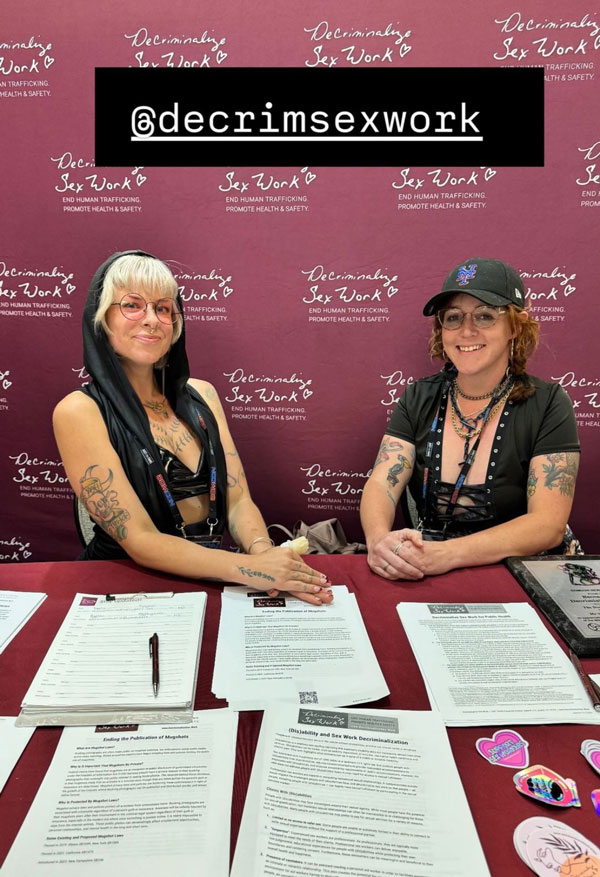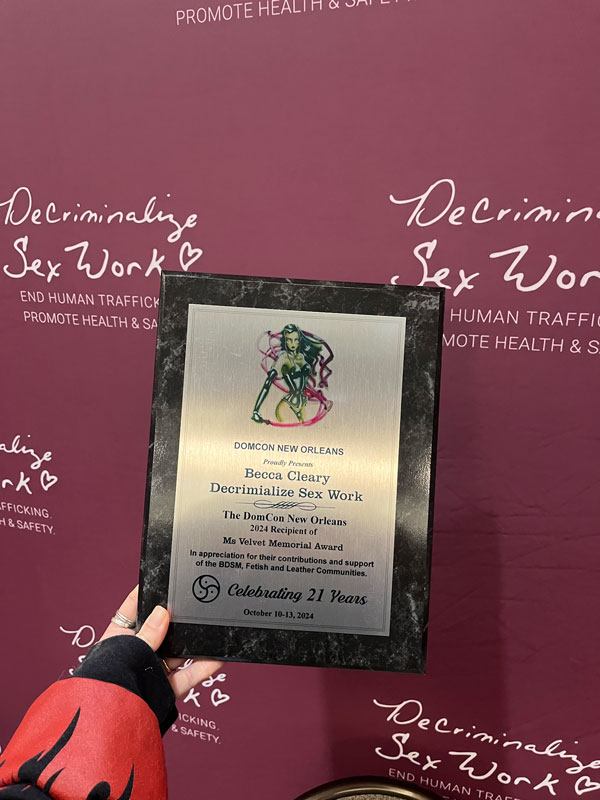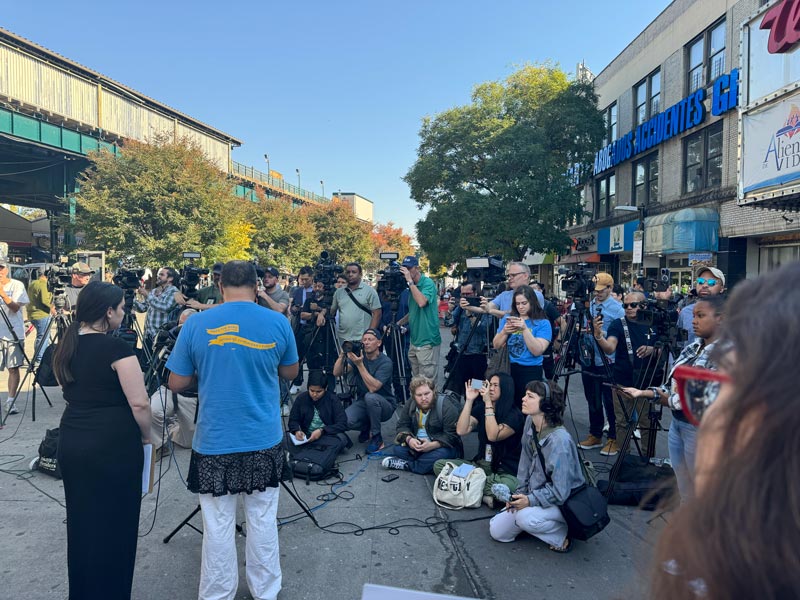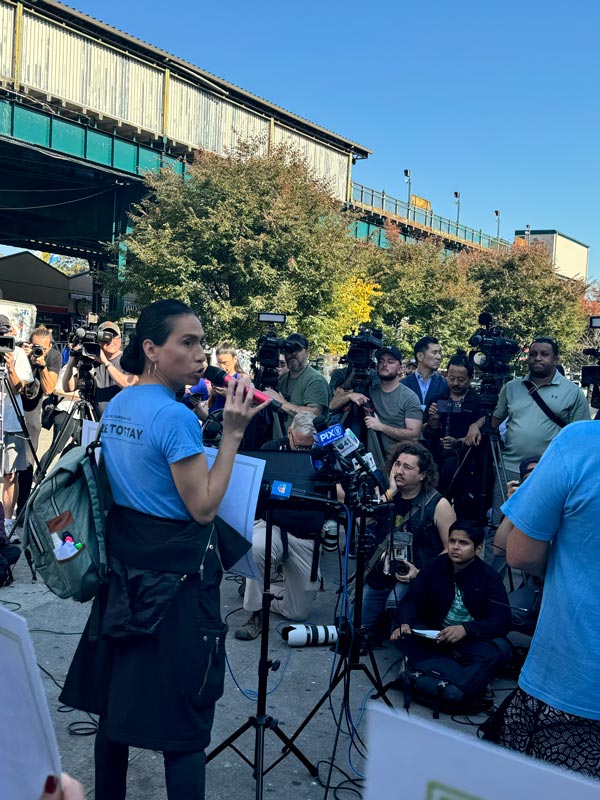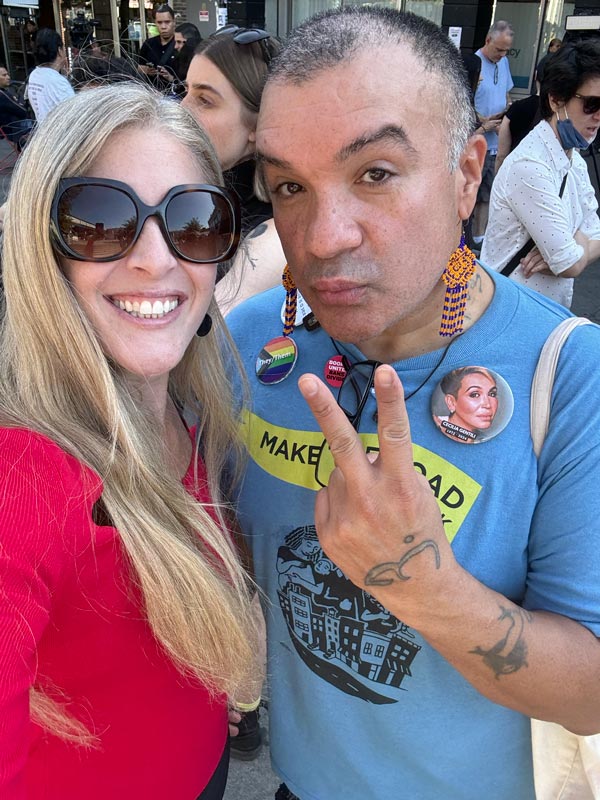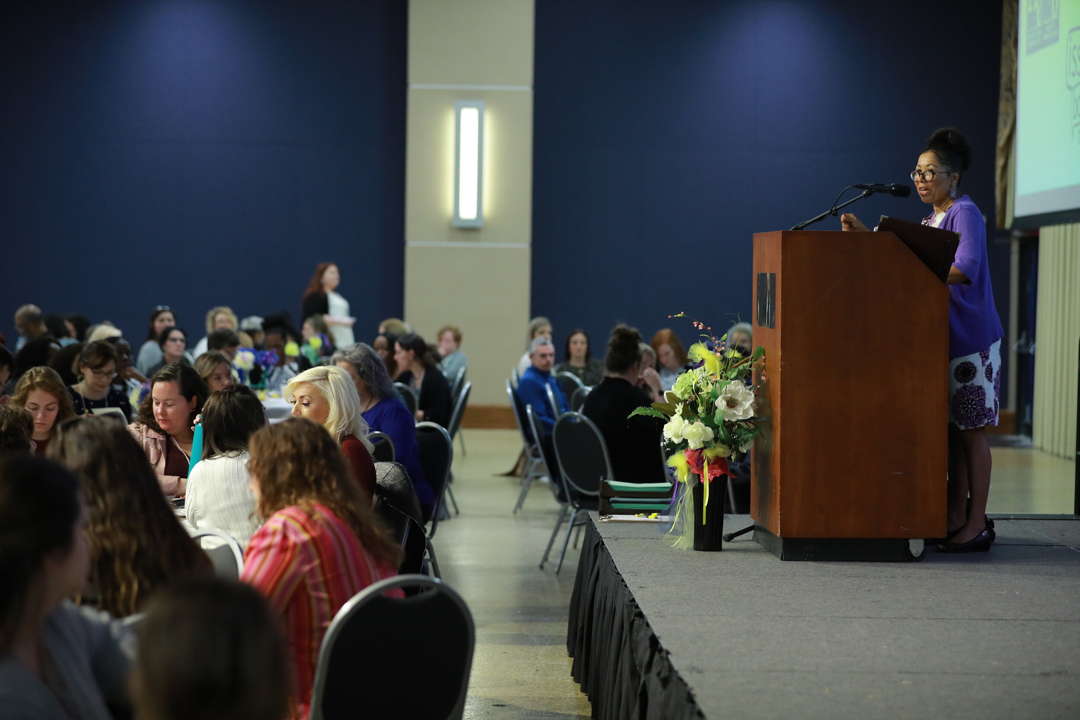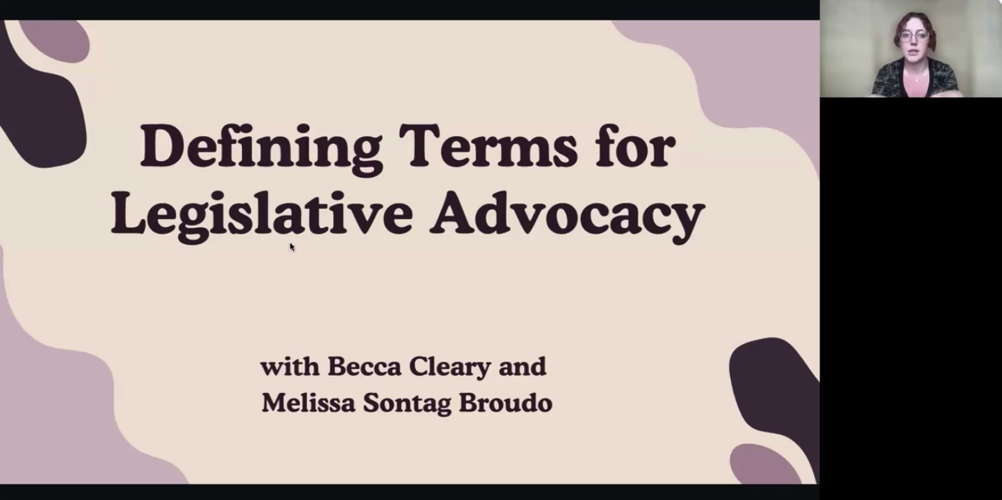December 1, 2024
Sex workers and their allies are celebrating a groundbreaking law in Belgium that grants employment protections and benefits to sex workers. Belgium became the first European country to decriminalize sex work in 2022, but it was not until May 2024, with the passage of this new legislation, that sex workers were granted the same protections as other laborers. The new law went into effect December 1 and made headlines around the world.
Since the decriminalization of consensual adult sex work in 2022, sex workers have been able to live without the fear of arrest and be candid about how they earn their income, such as listing their occupation on bank loan applications or applying for benefits if unable to work. However, they were still excluded from the benefits and protections associated with formal labor contracts. A formal contract provides employees with access to social security, unemployment benefits, health insurance, family benefits, vacation, and maternity leave. It also grants critical protections against job-related risks and imposes obligations on employers. The new law also grants sex workers specific rights tailored to their profession.

UTSOPI, the Belgian Union of Sex Workers, which advocated for passage of the new law provides the following details:
The UTSOPI notes that though the new law effectively ends legal discrimination against sex workers, it is not an endorsement of sex work and does not preclude the government from working to ban sex work entirely. “We already see certain municipalities hiding behind the words ‘safety’ and ‘hygiene’ to promulgate very strict local regulations that make sex work almost impossible on their territory,” they said.
DSW Newsletter #58 (December 2024)
Groundbreaking Belgium Law Grants Employment Protections to Sex Workers

DSW Attends New England Sex Work Summit

D17: International Day to End Violence Against Sex Workers
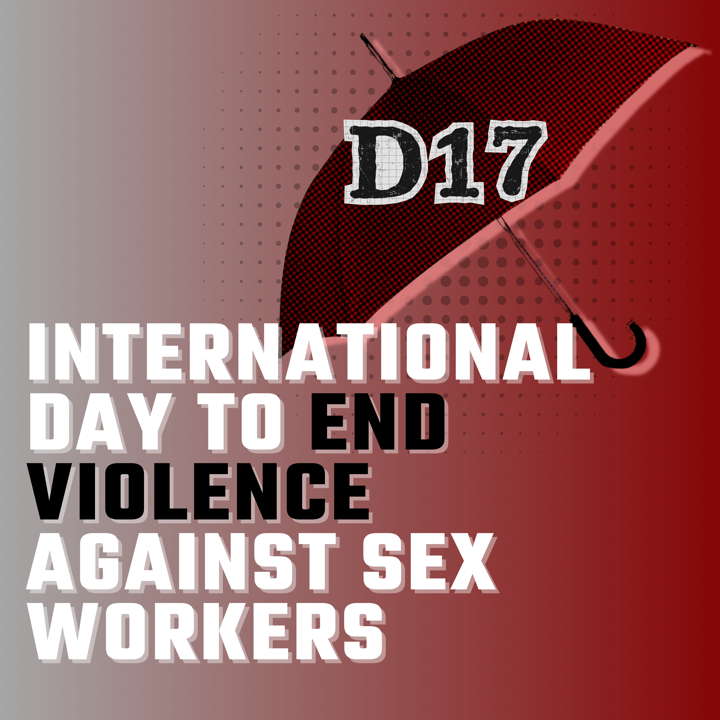
DSW Staff Attorney To Lead Class on Legislative Advocacy

Decriminalize Consensual Adult Sex Work to Fight AIDS
